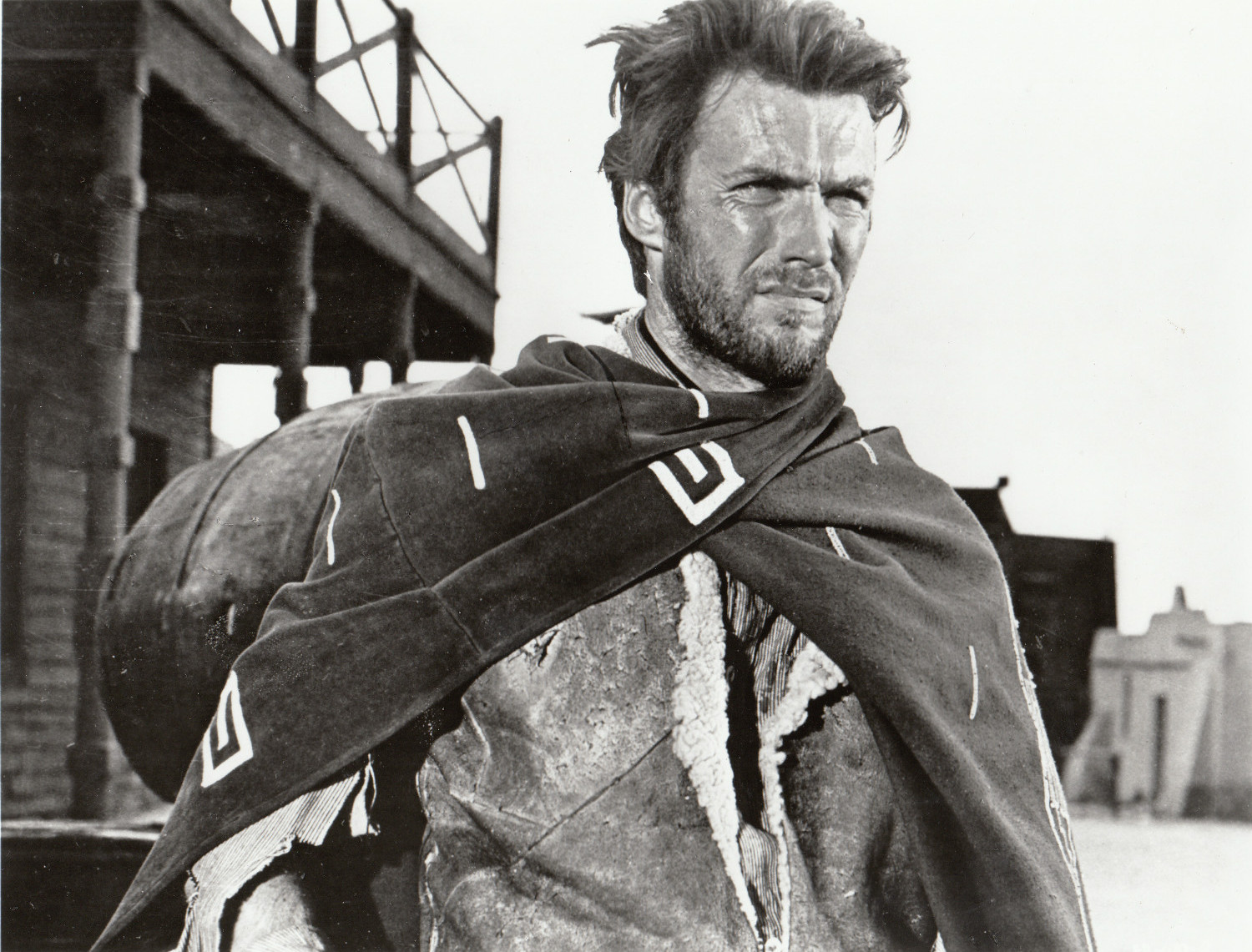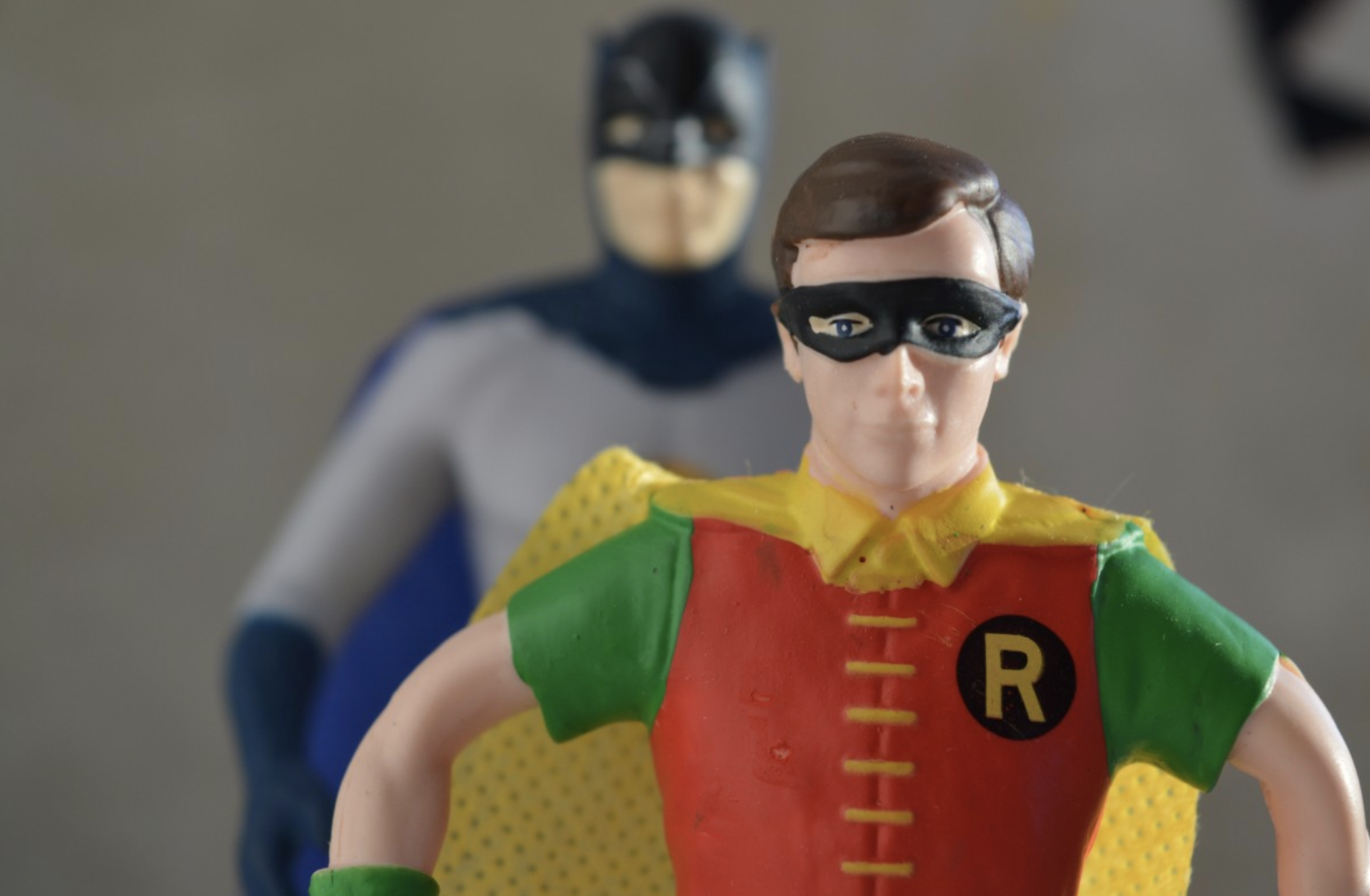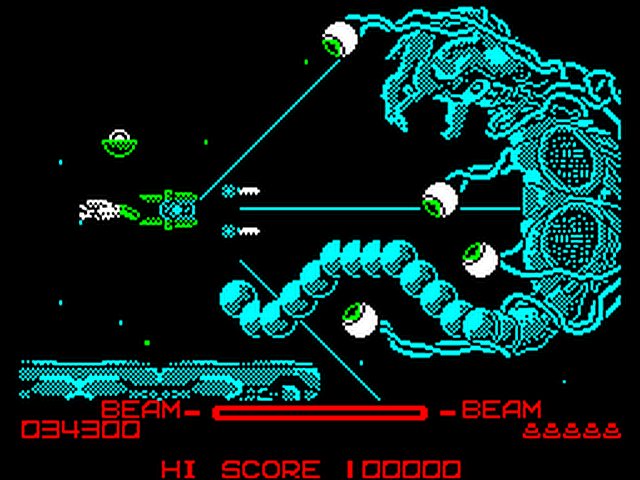So there I am in Nigeria, sitting across the road from a dead man in a ditch and all I’m thinking is ‘why hasn’t anyone moved him? The flies and the stink, arrggh!’
At the time it was only the second dead person I’d ever seen, and I was already becoming numb.
I spoke to the other volunteer next to me, he just nodded and said someone would come along at some point that day ‘I already said they’re never left for more than a day or two.’ was his reply.
Let’s call him Nigel, though that’s not his real name. He’d been volunteering in South Nigeria for the last 3 years and I was with him to learn how to get through the culture shock of my first few months. Then I’d be sent to the jungle village of my assignment, left to my own devices teaching mechanical engineering.
I remember that moment with Nigel clearly. It was the moment I realised I didn’t want to be like he was, that is numb to a dead person across the street.
One of my strengths is empathy and connection with people. I’m not perfect at it and still make mistakes, yet I’ve a solid foundation I’m working from. I didn’t realise that strength until my mid thirties while surrounded by software engineering teams, where at that time the people side was often neglected.
‘Leadership is about empathy.’ – Oprah Winfrey
It’s disappointing how long it can take for many organisations to understand the value of empathy and connection, it’s a proven winning ingredient for the success of individuals and teams.
A second strength I build on is intuition, again often overlooked and under valued in a world of software engineering and data centric decision making. In teams I support, I value intuition from everyone, otherwise why hire a person? There’s an old proverb ‘One cannot hire a hand – the whole man always comes with it’ . So why do so many organisations create a burden of proof required for people to do what their intuition (from the experience and skill they have), says needs doing? A culture of experimentation allows for this, another important ingredient for the success of individuals and teams.
So back to the dead person in the ditch not far from me. I stood up, put down my Sprite, took one of the dirty table cloths from a nearby table and walked across the dusty road. I placed it over the top half of the dead mans body, hoping to give him some dignity in the best way I could. I could see the diseased lower half that had killed him and felt sad all of a sudden, what if it was me?
After pausing with that thought and brushing off the flies buzzing around me, I walked back to the small street cafe. The cafe where Nigel was sitting, watching me. He was sat under a corrugated metal roof, a roof with rusty pin holes where the sun shone down across his head, making him look more angel like than he really was.
“I wish I’d have thought of doing that, I guess I’m just so numb to it now” he said looking at the ground.
Here’s what I promised myself from that moment onwards. I’ll never get numb to my surroundings, I won’t blindly follow others, I’ll always take note of my intuition, and most of all, I’ll always have empathy.
Genuine Kindness is the Ultimate Strength” – Quote from Gary Vee
If empathy and connecting with people is one of your strengths, use it and build on it. It’s amazing how many people in the work place don’t understand it’s value, and when they do you’ll be the one they look to for direction and support.
“If you can learn a simple trick, Scout, you’ll get along a lot better with all kinds of folks. You never really understand a person until you consider things from his point of view, until you climb inside of his skin and walk around in it.” – Atticus Finch in To Kill a Mockingbird (1962)
——————————————-
Like this? Share on social media so others can enjoy.
Want to read more posts like the above? See my previous ones here: Marcus Purvis Blog
Get notified by email when I publish new content by simply signing up using the sign up box on this page.
Fancy 5 interesting topics to inspire thinking, including an inspiring quote to start the weekend? Then sign up to 5 Share Friday where you get 5 interesting things each Friday in your inbox : 5 Share Friday



